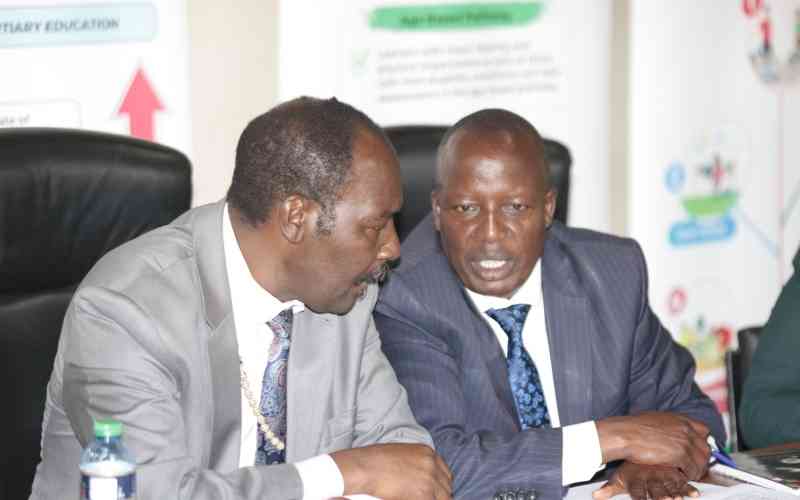×
The Standard e-Paper
Join Thousands Daily

MPs have cleared the Kenya National Examination Council (KNEC) of any malpractice in the just released controversial 2023 KCPE national examinations.
After three hours of touring the Council warehouse in Nairobi, the MPs said they had finally seen what it takes to administer, mark and release the examination results and commended the KNEC for the job.